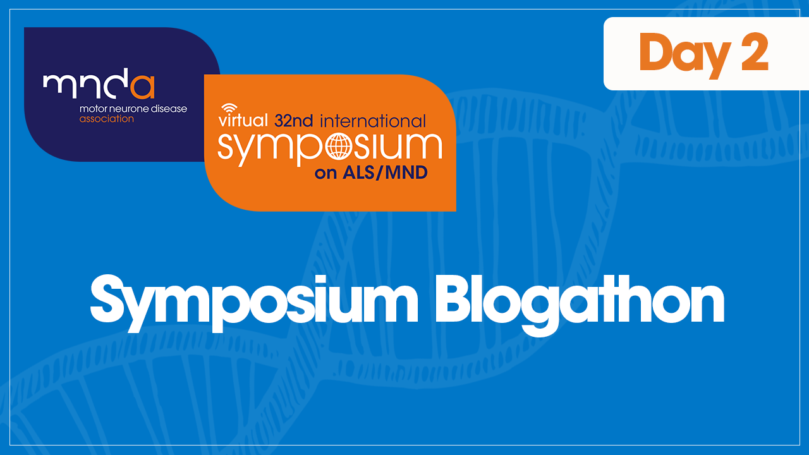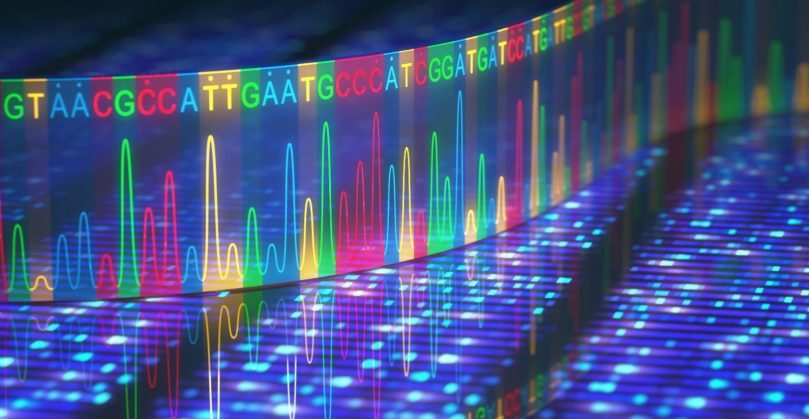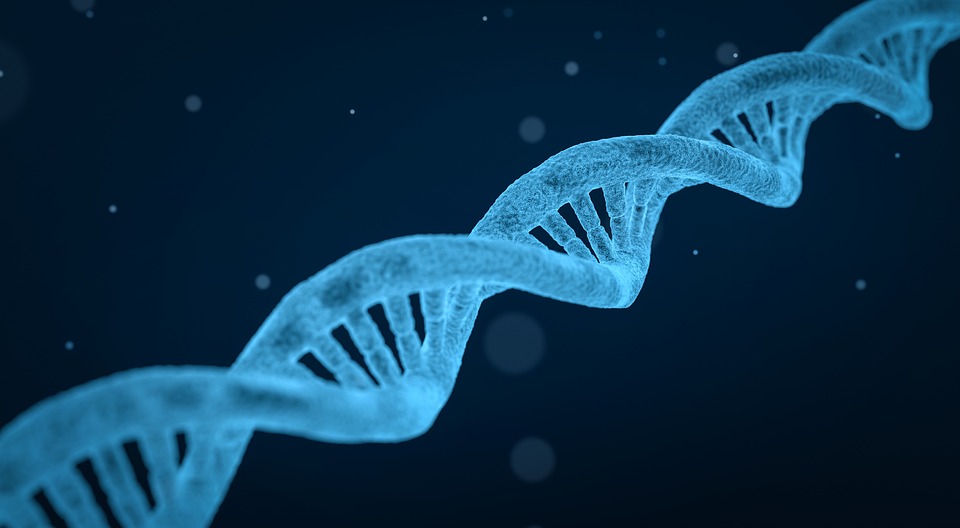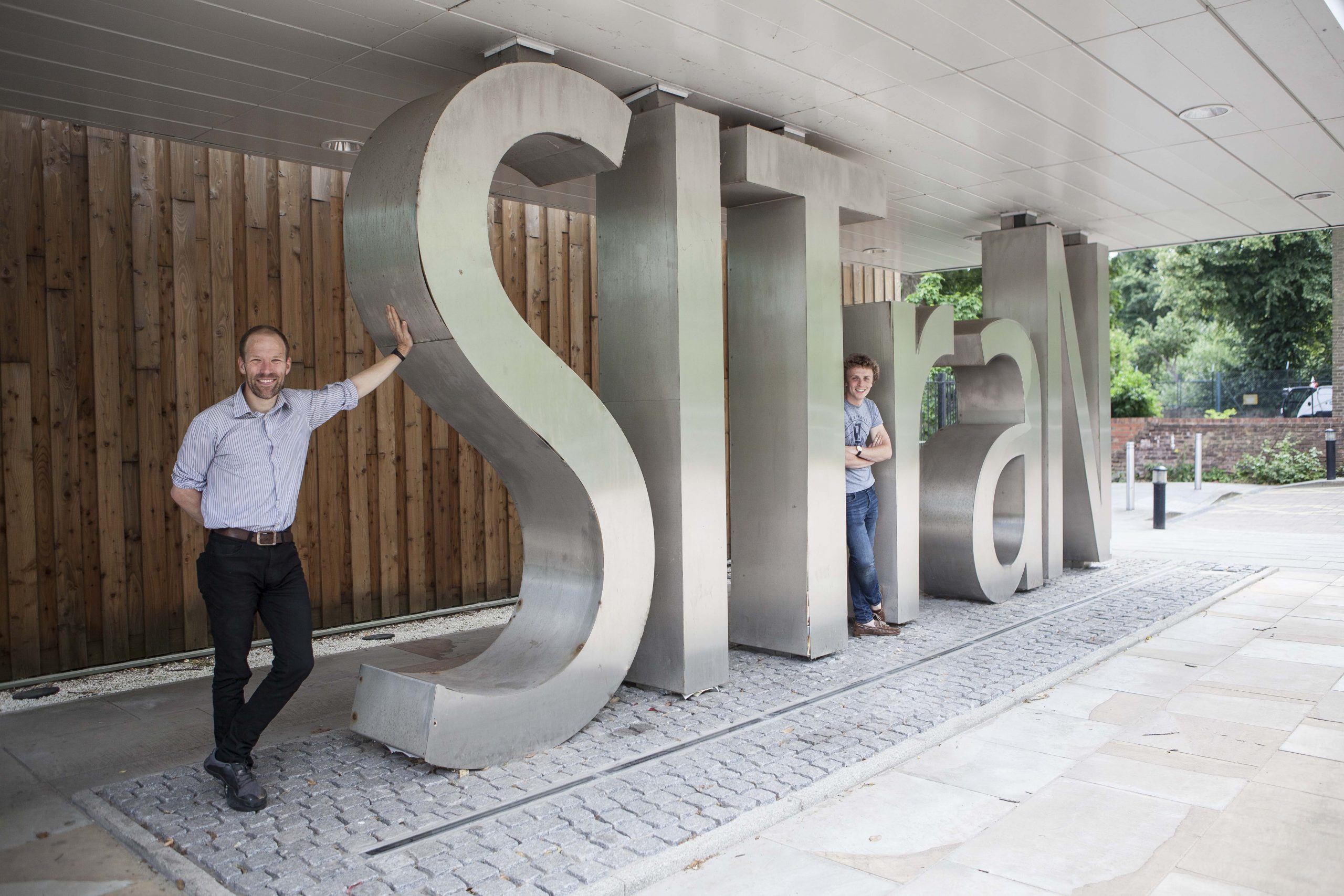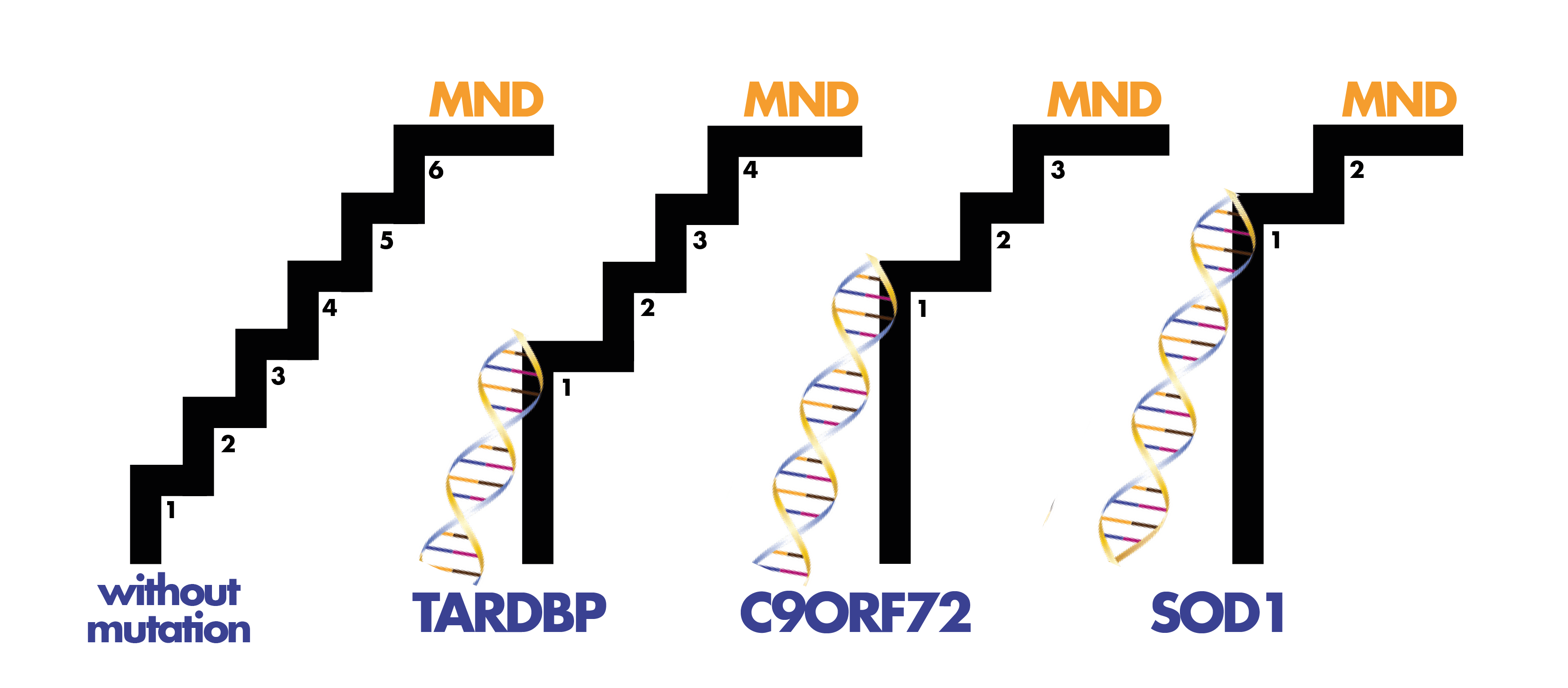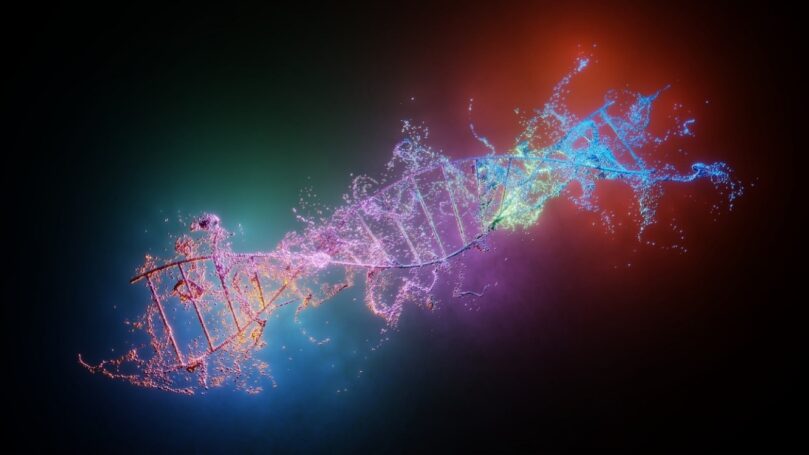
Cracking the genetic code in MND
Reading Time: 7 minutes Hi, I’m Heather, a PhD student from King’s College London, and a Communications Ambassador for the 34th International Symposium on ALS/MND which was held in Basel last December. Over 1,300 attendees from around the world gathered to connect with researchers and people affected by MND and engage with the latest research presented in the platform presentation and poster sessions. In this blog post, I will be sharing several of my personal highlights of the symposium, which cover how differences in our genetic code can be explored to understand their effects on MND risk and progression.



